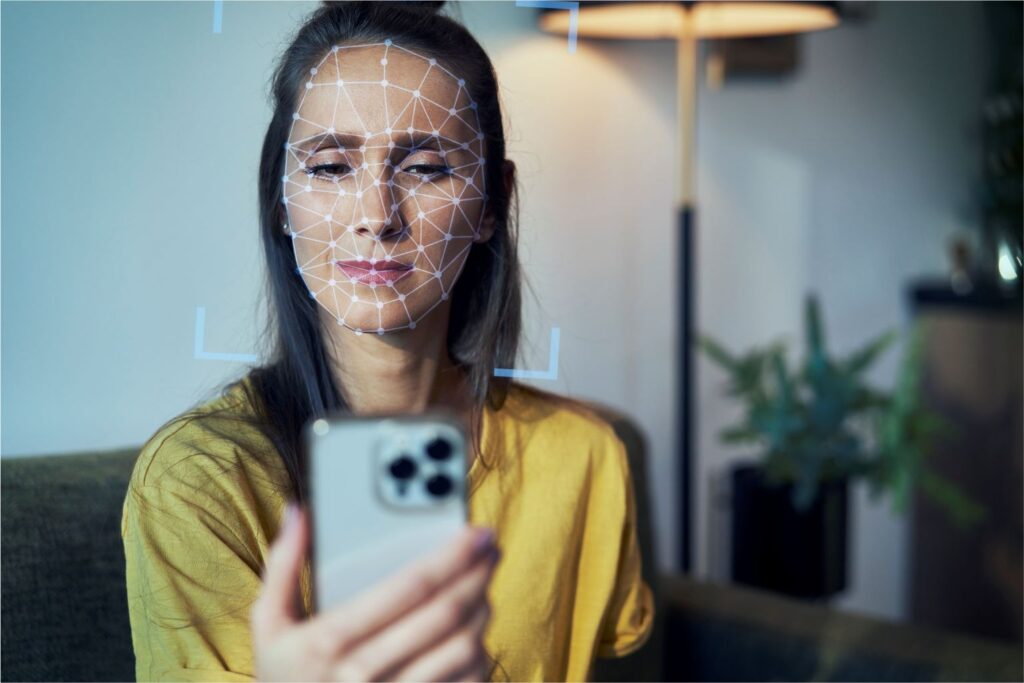
A new study shows that artificial intelligence (AI) can predict a person’s chances of surviving cancer by analysing their selfies. Researchers stated that the AI tool can be used to measure the “biological age” of a person, which is a key parameter in assessing whether they will beat the cancer odds or not.
Researchers trained an AI model called ‘FaceAge’ on nearly 59,000 facial images to estimate biological age based on cellular health rather than birth date. They then used the tool on 6,200 cancer patients.
The study published in The Lancet Digital Health found that cancer patients receiving palliative care appeared, on average, approximately five years older than their actual age. The research also identified a correlation between older appearance and poorer clinical outcomes.
Also Read | Cancer rates increasing in under-50s across US, women most affected
The AI model enhanced physicians’ accuracy in estimating short-term life expectancy for cancer patients in palliative care.
“This work demonstrates that a photo, like a simple selfie, contains important information that could help to inform clinical decision-making and care plans for patients and clinicians,” said co-senior author Hugo Aerts, PhD, director of the Artificial Intelligence in Medicine (AIM) program at Mass General Brigham.
“How old someone looks compared to their chronological age really matters—individuals with FaceAges that are younger than their chronological ages do significantly better after cancer therapy.”
Dr Ray Mak, one of the study authors and a cancer physician at Mass General Brigham, said FaceAge could someday be used as an “early detection system” for poor health.
The model has notable limitations, including its primary development using images of white individuals, which may affect its accuracy across diverse populations. Additionally, external factors such as lighting conditions and the use of makeup could influence its performance








